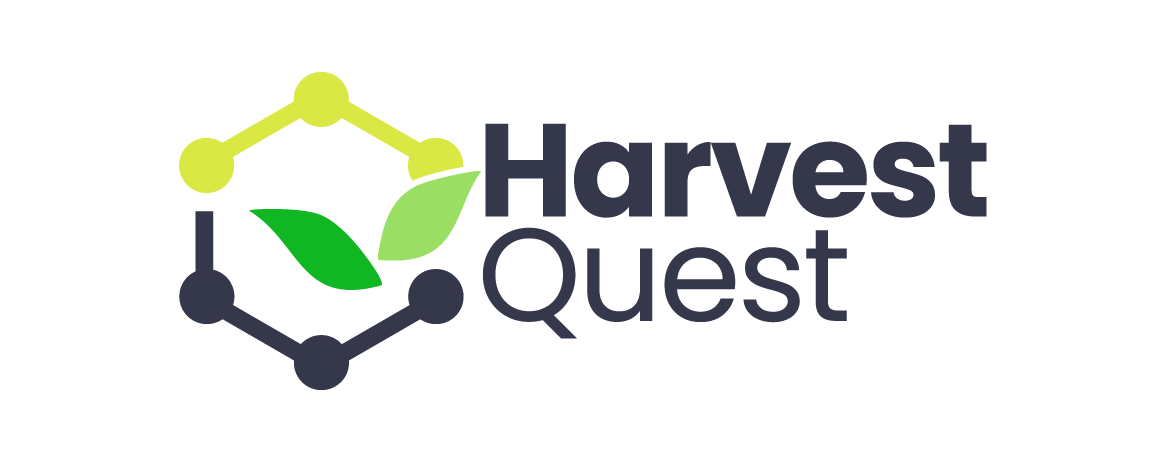Southeast Soils in Sumter County, Florida may be a relatively new business, but their expertise is rooted in years of experience, technology, and research. As a result, the compost and soil amendments they produce are highly desired not only for their nutrient value but their ability to ultimately reduce costs. “Compost and soil are not often thought of as a cost reduction variable, but we have helped numerous customers improve their operations and increase profitability by using our product,” explained co-owner and vice president of operations Matt Biegler.
With more than 26 years in the industry, Biegler cut his teeth making potting soil, landscape soil, and compost for a major soil company; but the bureaucracy and politics of big business eventually drove him out. After a few years with another compost operation, Biegler and his partner left to start Southeast Soils. With its close proximity to Orange County, and all the economic development and activity that comes with it, their access to quality organic feedstock and the density of agricultural growers to sell to, Southeast Soils had tremendous momentum right from the start.
“We bring in clean feedstock: green waste and clean wood waste, as well as class B biosolids,” Biegler shared. “We then turn that material into an AA classification that can be applied in any application. Our core business is derived from a combination of these composted biosolids, clean wood waste and horse bedding, which we transform into an enriched soil that provides huge protective benefits to citrus farmers.” Studies have been conducted through the University of Florida to help identify means through which citrus disease can be prevented. What has been discovered is that with so much farming across the state, the native soils have become weakened and much more susceptible to disease. “The enriched soil we produce contains a very high concentration of beneficial bacteria that helps replenish soils,” continued Biegler. “So the most immediate benefit is that a watermelon farmer, for example, can apply our product to his fields and can continue to grow produce year-round, instead of having to wait 3-4 years for the soil to become naturally rejuvenated.”
Of course, watermelon growers (and the rest of the commercial agriculture industry in Florida) are hardly the only beneficiaries of their product. Southeast Soils also works closely with landscapers, sod farmers and the horticulture industry as well. “For the hort guys, our product allows them to reduce the amount of synthetic fertilizers they use, which reduces their cost and helps them create a better product to sell. They’re struggling with costs all the time — aside from labor, soil is their highest expense, so we’re really able to help them with that.”
The ‘secret’ to Southeast Soils’ advanced product performance is a derivative of the process they use to cure their compost, and the bacterial catalysts they add at the beginning. “About six years ago I became aware of the Harvest Quest technology, and flew out to Colorado to tour an operation there that had been working closely with them in research and development,” said Biegler. “Harvest Quest provides a formulation of bacteria that is added to the windrow when they are first formed; within hours it spreads across the entire row from just one single application point. Literally! And our windrows are about 750 long; the microbial activity is really quite amazing.”
The resulting kick start raises the windrow temperature to near 140° in less than 72 hours without turning. “By employing Harvest Quest’s MSAP [modified static aerobic pile] method, the bacterial pulls air from the outside in and colonized the entire windrow almost immediately,” Biegler detailed. “Their presence is what provides huge benefits which helps fruit growth — a big deal down here in Florida especially.”
An additional benefit to Southeast Soils is the reduction of required turns during the cure time of their compost. In typical weather, they see complete curing in 45 days and only turn twice: once after 30 days, and again 15 days later at which point the product is finished. “The reduction in necessary turning provides a dramatic control over our variable cost of production for sure!” Biegler said enthusiastically. “So not only are we able to produce a vastly superior performing product, but we can do it at a cost point less than a more traditional composting method.”
Annually, Southeast Soils produces more than 100,000 yards of finished material, a sizable volume for any operation, let alone one that is so new. And with a strong demand for what they are creating, much of it is distributed throughout the state of Florida — a very large geographic market for a compost and soil company. Still, Biegler sees even more growth potential in the future. “We just got certified nematode-free, so the nursery business is coming … once they use our product they really see the benefits. So it’s coming!” In addition to some large nursery trials, Southeast Soils is also pushing into the golf industry as well. “We’re helping superintendents reduce fungicides, insecticides, fertilizers and counterattack nematodes, so we’re getting well entrenched there too.”
With about 32 windrows in rotation at any given time, Southeast Soils is eying an additional 10 acres of production in the near future. “We are being mindful of growing too quickly,” admits Biegler. “We want to be sure we don’t lose sight of what we do well. But at the same time, there is a huge amount of opportunity out there, and we are looking forward to partnering with these industries to help provide a solution to the challenges they face every day. Most people don’t think of compost and soil as a solution, but when our customers see the results we’re able to help them achieve, the outcome really does speak for itself.”

